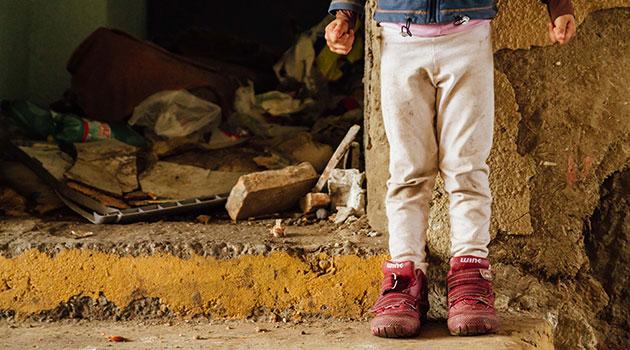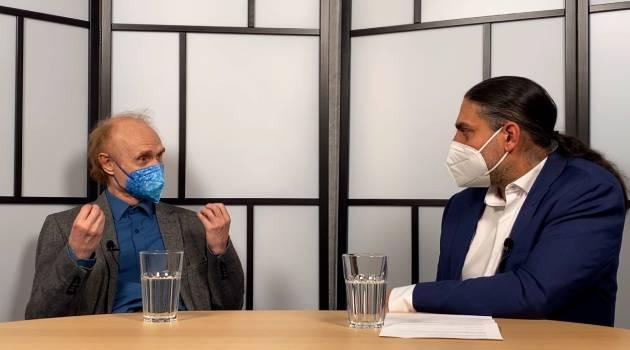COVID-19 impacts impoverish most of humanity while the assets of the ultra-rich expand

The assets held by the ultra-rich of the world have expanded during the COVID-19 pandemic while most of humanity has ended up in poverty. That is the finding of the British NGO Oxfam’s inequality report for 2021.
The low incomes of the poorest of the poor, according to Oxfam, have contributed to the deaths of 21 000 people per day. The assets held by the 10 wealthiest people in the world have more than doubled since March 2020 when the pandemic started.
Oxfam annually publishes its inequality report ahead of the Davos meeting of the World Economic Forum to attempt to attract the attention of business, economic and political elites. As it did last year, the forum has replaced an in-person meeting with an alternative event, Davos Agenda, which is just held virtually.
The program this year includes a discussion of the likely future development of the pandemic, equality in access to vaccination, and energy transformation. “This year’s report describes absolutely disproportionate phenomena,” said the head of Oxfam, Danny Sriskandarajah.
“During the pandemic, a new billionaire appeared on the financial scene almost daily even as 99 % of the global population are now worse off due to the effects of lockdowns, the decline in international trade, and weaker tourism,” he said. “As a consequence, 160 million more people have fallen into poverty.”
“Something is amiss in the depths of our economic system,” the Oxfam head stated. According to data from Forbes magazine, which the charity references, the 10 richest people in the world include Bernard Arnault and his family, Jeff Bezos, Warren Buffett, Bill Gates, Elon Musk and Mark Zuckerberg.
Altogether, the assets of the 10 wealthiest human beings grew from USD 700 billion last year to USD 1.5 trillion. There are, however, significant differences even among them – Gates’ value grew by 30 % last year while Musk’s grew by more than 1000 %.
The Oxfam report is based on data from the World Bank and states, for example, that inadequate access to health care, starvation, gender-based violence and climate change are contributing to one human being dying every four seconds. Today, 160 million more people are living on less than USD 5.50 a day than were doing so before the impact of the pandemic.
The World Bank uses USD 5.50 per day as the poverty index in countries with upper-middle incomes. Oxfam’s most recent report also points out that the pandemic is forcing developing countries to reduce their social services expenditures because their debts are growing.
The report also recalls that because of the impacts of the pandemic, inequality between men and women is also growing. Currently 13 million more women are performing less paid work than they did in 2019 and more than 20 million girls are in danger of never returning to school.
The COVID-19 disease, according to the report, is impacting ethnic minorities the most, including Bangladeshis living in the United Kingdom or Black people in the United States of America. World leaders, according to the head of Oxfam, now have a unique chance to support braver economic strategies and “to change the deadly course we are taking”.
A new approach to the economy, according to him, should include more progressive regimes of taxation that would do more to tax capital and wealth. Revenue should be spent on “high-quality universal health care and social security for all,” Sriskandarajah says.
Oxfam is also demanding that the intellectual property rights to the vaccine against COVID-19 be abolished to facilitate its broader production and faster distribution. At the beginning of this month, the President of the World Bank, David Malpass, expressed fear of global inequality intensifying.
Malpass said the impact of inflation and measures to address it are likely to cause poorer countries greater harm. “The outlook for the weaker countries remains such that they will continue to fall behind even further,” he said.
